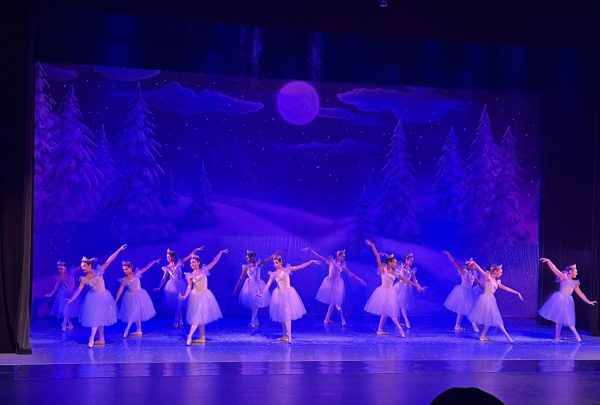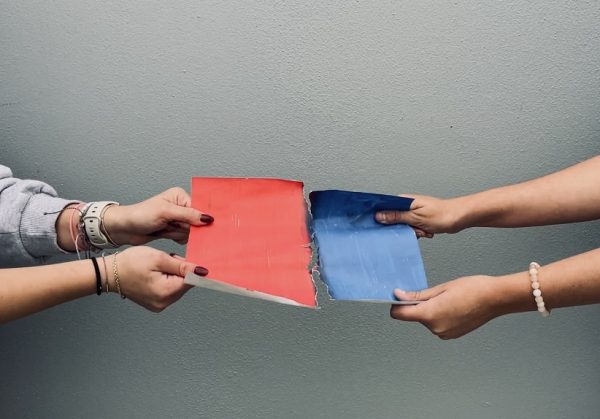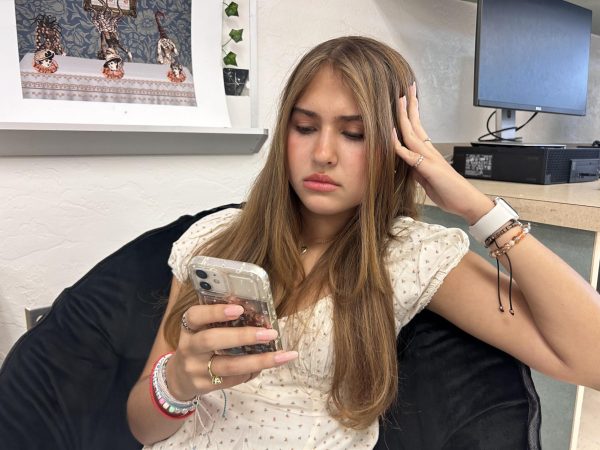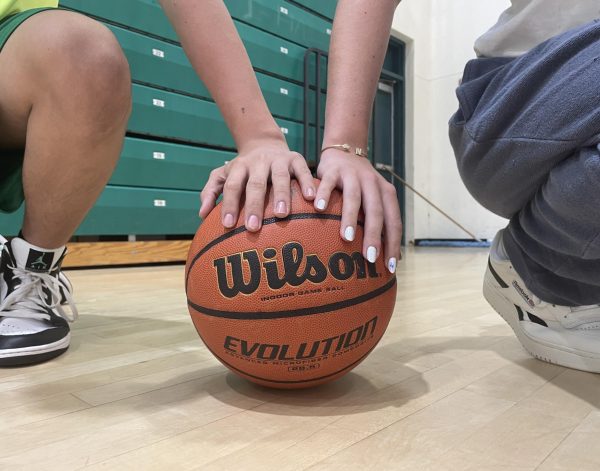Laugh tracks need to laugh themselves away
Laugh track. Canned laughter. Fake laughter. My demon goes by many names.
I hate a lot of things. But laugh tracks fill me with an unrivaled rage. Faux, tinny guffaws haunt my every waking moment, as well as my dreams. Because of laugh tracks, I have never known happiness.
But enough about me.
Where did this manifestation of everything unholy, blasphemous and repetitive come from?
Live comedy shows on the radio always had an in-house audience which would react to the show; these reactions usually included laughter. In 1946, when producers gained the ability to pre-record their shows, they also gained the ability to add sounds in post-production, which is more or less the origin of what we know today as the laugh track.
Charles Douglass had the bright idea to add additional laughs when jokes didn’t land, and to mute laughter when the audience laughed for too long. This is known as sweetening, but it doesn’t sweeten my viewing “pleasure.”
For instance, I would have liked to be able to enjoy “That 70’s Show;” I have a friend who always implores me to watch it. Yet I simply cannot make it through. The canned laughter is too much to bear.
Compare this to “Arrested Development,” a show that does not need to rely upon a laugh track to get its complex, thought-out jokes across.
Consider the show “The Big Bang Theory,” an unfunny show which pries laughs from its close-minded audience’s cold, dead hands.
The lack of a laugh track, however, does not necessarily always make a show. Consider “Young Sheldon,” the prequel to “The Big Bang Theory.” This show has not been tainted by a laugh track, yet will certainly not go down in the annals of history as one of the greatest shows of all time.
Look, I understand wanting to cue your audience in as to when to laugh, but if your jokes are so bad they won’t land without an artificial audience peer pressuring me into laughing, then you need to step up your writing game.
Popular culture is on the right side of history, moving less towards artificial laughter and more towards creativity in a variety of shows, such as “Brooklyn Nine-Nine,” “The Good Place,” “It’s Always Sunny in Philadelphia,” “Silicon Valley,” “The Office” and even “Modern Family.”
Treat yourself right; watch shows without laugh tracks. It’s what you deserve.






